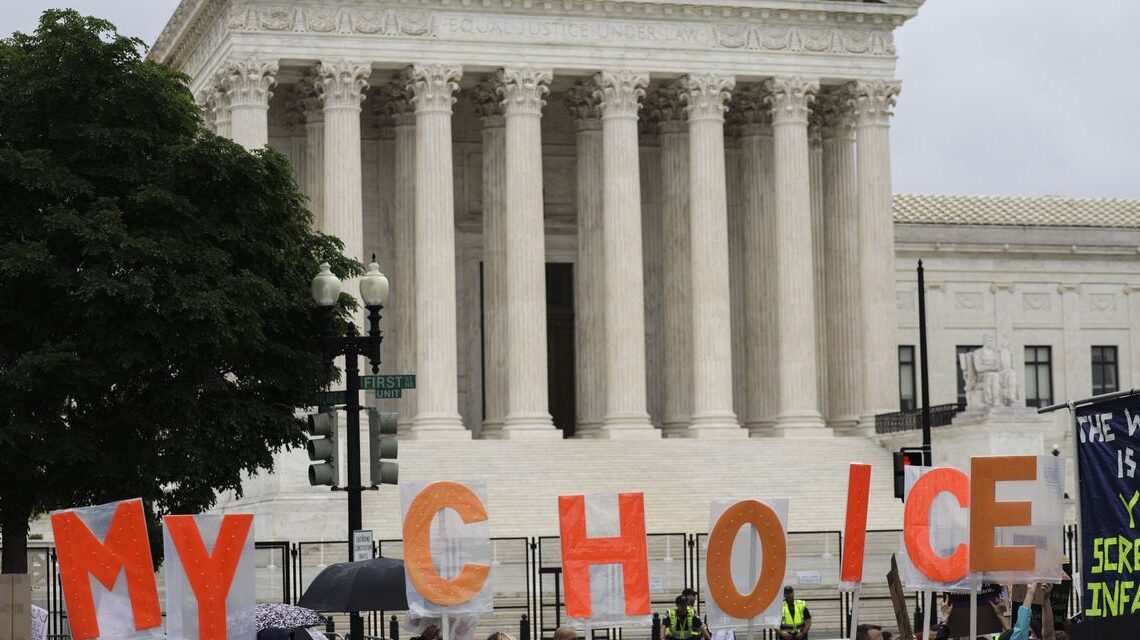For decades, every argument about Supreme Court precedent has been a proxy war over Roe v. Wade (1973). Anytime the justices questioned a precedent, their opinions were read as clues for the future of Roe.
Now that Roe itself is at stake in Dobbs v. Jackson Women’s Health Organization, the script has flipped. Critics of Justice
Samuel Alito’s
leaked draft opinion charge that overturning Roe would condemn other precedents: Griswold v. Connecticut (1965), establishing the right to contraception; Obergefell v. Hodges (2015), the right to same-sex marriage; even Loving v. Virginia (1967), the right to marry regardless of race.
Yet Roe v. Wade is in a class by itself. No modern Supreme Court precedent has less connection to the Constitution’s text; none stir greater moral and political disagreement. And if some take Roe as the epitome of precedent, that is one more reason to overturn it. The doctrine of precedent is too important to be defined by such a poorly reasoned and divisive case.
Precedent, or stare decisis, is fundamental to our constitutional system.
Alexander Hamilton
urged in Federalist No. 78 that “to avoid an arbitrary discretion in the courts, it is indispensable that they should be bound down by strict rules and precedents.” America’s judicial power reflected its English common-law heritage: By giving weight to earlier judges’ decisions, each new generation of judges would acknowledge their own fallibility and practice self-restraint.
But U.S. judges must be governed first and foremost by the written Constitution. A Hamiltonian respect for both “rules and precedents” becomes more complicated when old precedents conflict with judges’ reading of the Constitution.
The Roberts court confronts such a moment, as a conservative majority applies an originalist methodology different from the dominant jurisprudence of…

